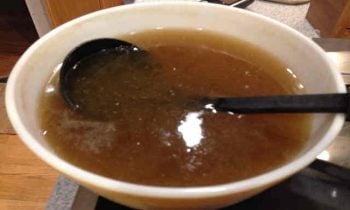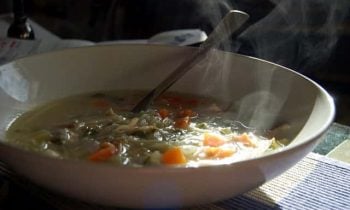Making a change in your eating habits to lose weight, become more healthy, and live a better life is a good decision. If you’ve chosen to use a low carbohydrate diet to make those goals a reality, then you’ve picked the easiest, most fulfilling, and effective solution. A healthy low carb diet can help reverse type 2 diabetes, build muscle, and promote fat burning while keeping you from suffering from deprivation and hunger.
What are Carbohydrates?
Scientifically, a carbohydrate is one of the four classes, and the most abundant of bimolecular compounds consisting of carbohydrates, proteins, nucleotides and lipids. Carbohydrates transport energy through the blood to the cells. They play an important part in life for all living creatures.
Even when you eat a low carb diet, it’s important to understand the difference between good carbs and bad carbs. Good carbs come in the form of plant matter such as vegetables, legumes, low sugar fruit and 100 percent, high-fiber whole grains. Bad carbs come in the form of white sugar, some grains like white bread, and high sugar fruits.
Net Effective Carbs
Net Carbs, sometimes called net effective carbs, are the number of grams of carbohydrate that significantly impact your blood sugar level and therefore are the ones you want to watch.
How many carbs you eat each day depends on your goals, your current weight, and how much fiber you ingest. You may want to lose weight, maintain your weight or even gain weight on a low carb diet. Balancing your carbohydrate intake will control your appetite, improve energy levels, keep you satisfied and help you avoid over eating.
To figure out how many net carbs you’re eating simply subtract the fiber grams from the total carbs to get the net carb grams. This is the number you count. For example on the label of a brand of rye bread it says there are 15 grams of total carbohydrates in each serving with 2 grams of dietary fiber. Subtract the fiber from the total grams of carbohydrate to get your effective net carb count (13 per serving). You can do this for everything that you eat that has carbohydrate and fiber in it. Fiber does not add calories to your diet, nor actual digestible carbs so in essence they don’t count. (about.com)
Everyone will have a different level of net effective carbs they can eat that allows them to lose or maintain weight and avoid cravings while keeping energy levels high. You may need to start with one number, and move to another depending upon your personal experience and reaction. It’s important when embarking on a healthy low carb diet that you pay close attention to the signs your body gives you.
Most people can get weight loss results by starting at around 60 grams of net effective carbs and moving down to as low as 40. To maintain or gain weight, they can gradually increase to up to as much as 120 grams of effective carbs per day. Listen to your body to determine the exact right amount for you. It’s not really healthy to go as low as 20 grams of carbs a day long-term even though some low carb diet books do suggest starting at 20 grams per day. You’ll find that you experience greater success eating as many healthy carbs as your body allows while checking cravings, losing or maintaining weight, and having plenty of energy and mental clarity.
Ketones and Ketosis
Ketones are molecules generated during fat metabolism. Many people who are on low carb diets try to make sure their body is “in ketosis” in order to ensure that they are in fat burning mode. In reality, what is being excreted when your body is in ketosis is acetone. Many people will suffer from bad breath when in ketosis. There is no reason to put your body into ketosis to lose weight or to be healthy on the low carb diet. But, don’t confuse ketosis with a dangerous medical condition called ketoacidosis that many people with type 1 diabetes suffer from. Being in ketosis due to a low carb diet is very different. However, due to the side effects caused, such as smelly breath, bad body odor, and even worse smelling bowel movements and flatulence that can be produced, many people prefer to avoid ketosis when on a low carb diet.
However, some people want to put their body into ketosis in order to lose a lot of weight quickly, or to avoid certain conditions such as certain types of epilepsy. In addition, some people believe that the benefits of a Ketogenic diet, lower blood pressure, balanced cholesterol levels, improved blood sugar levels, increased energy, less joint stiffness and pain, clear mind, weight loss and better sleep, are worth the issues with bad breath and body odor which can be overcome.
It will depend on your body and how it reacts to a healthy low carb diet, and your goals as to whether or not you decide to try to put your body into super fat burning ketosis. Some people like to and some people prefer not to. Usually you’ll need to go down below 30 net effective carbs a day to achieve ketosis.

 Low Carb Living
Low Carb Living Homemade Turkey Broth
Homemade Turkey Broth Chicken Stock from Scratch
Chicken Stock from Scratch Vegetable Chicken Noodle Soup
Vegetable Chicken Noodle Soup Irish Potato Soup
Irish Potato Soup